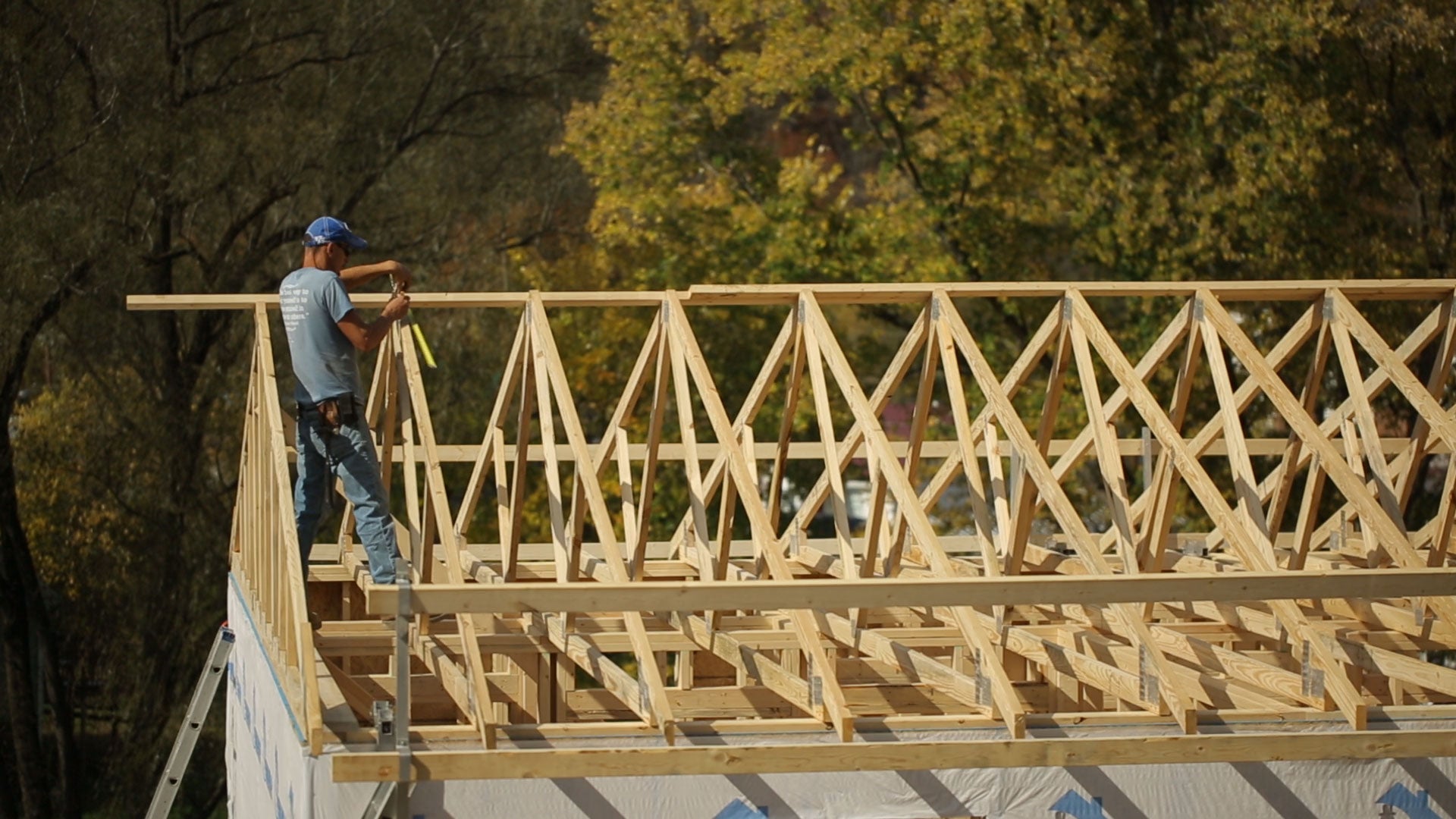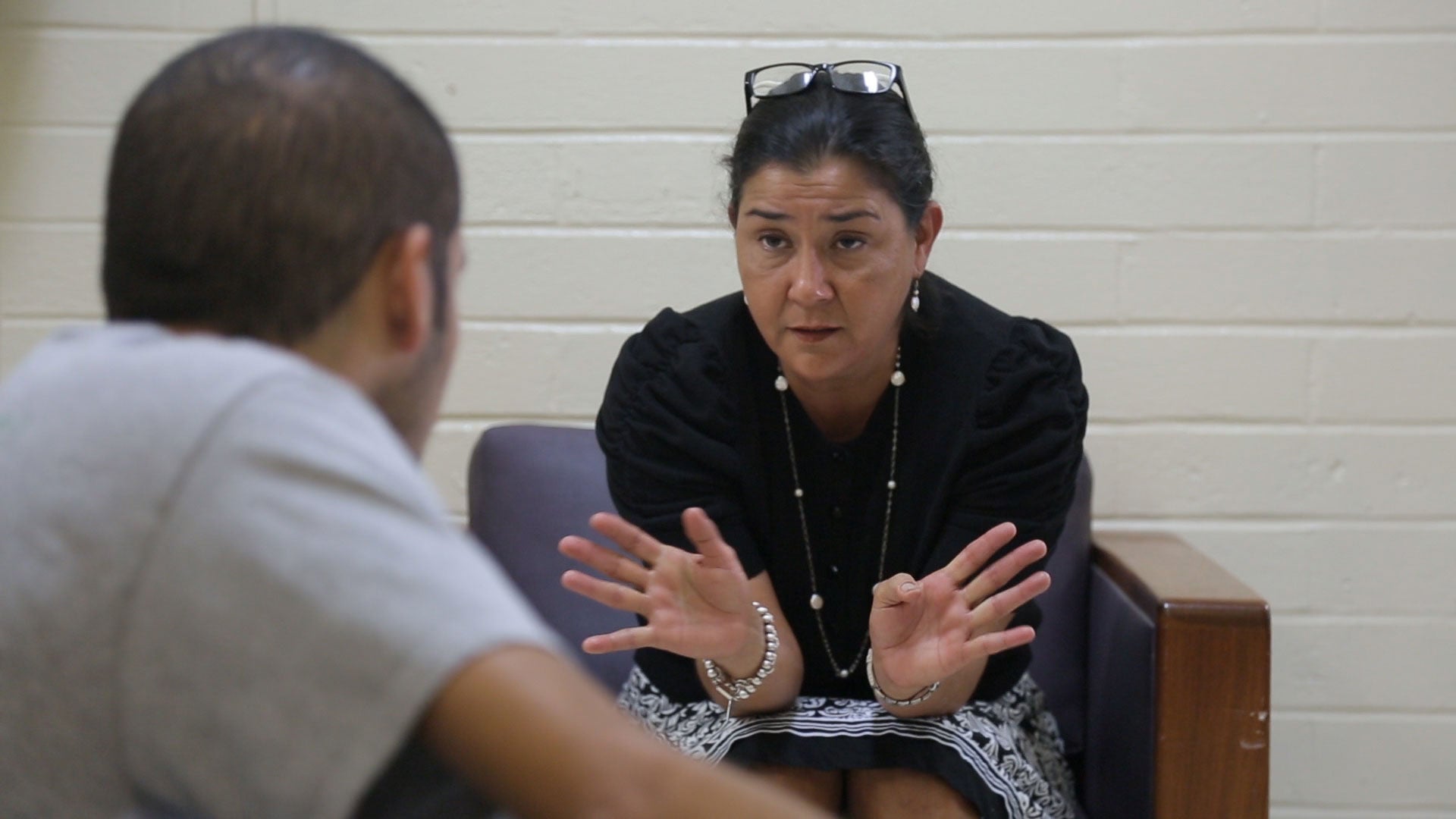Webinar: Helping Rural Immigrant Families Accumulate and Grow Assets
The number of immigrants moving to rural communities and putting down roots is growing every year. However, many immigrant families come to the U.S. with few or no assets, yet assets are what help families stay afloat during unexpected emergencies and increase family financial stability over time. Studies show that people who have assets are also more likely to advance personal and educational goals and invest in their local community. One clear way to help rural immigrants build assets is through naturalization, which can open up doors to higher educational attainment, higher income and increased civic engagement. Another key asset-building strategy is homeownership – helping rural immigrant families rent, purchase and maintain high-quality affordable housing. According to research from the UNH Carsey School of Public Policy, over one million rural immigrants own homes, and almost 43% of rural immigrants are U.S. citizens; however, significantly more rural immigrant families could benefit from critical asset-building strategies like homeownership and naturalization.
On September 1, the Aspen Institute Community Strategies Group hosted the third and final webinar in a series on rural immigrant family economic success. This session focused on the challenges and opportunities facing rural immigrants as they work to become part of the fabric of their communities through naturalization and home ownership.
Presenter Slides
- Allie Yee, Institute for Southern Studies
- Beth Mattingly, UNH Carsey School of Public Policy
- Marla Tofle, Napa Valley Community Foundation
- Jeremy Stremler, Community Development Corporation of Brownsville
Additional Resources
- The Migration Policy Institute is an independent, nonpartisan, nonprofit that provides analysis, development, and evaluation of migration and refugee policies at local, national, and international levels.
- Grantmakers Concerned with Immigrants and Refugees (GCIR) works with a network of member foundations, as well as the greater philanthropic community, on a wide range of immigration and immigrant integration issues, including education, health, employment, civic participation, racial and economic justice, and other concerns affecting immigrant children, youth, and families.
- Embracing and Empowering Diverse Communities to Shape Rural Design, a webinar co-hosted by the Citizens’ Institute for Rural Design and Orton Family Foundation in July 2016.
Webinar Presenters
Allie Yee
Institute for Southern Studies
The south is experiencing rapid demographic changes in its foreign-born population. Allie is at the forefront of researching and reporting on these population shifts, working as the program and development associate for the Institute for Southern Studies. She will talk through the difficulties rural immigrants face as they participate in local civic life.
Beth Mattingly
UNH Carsey School of Public Policy
Beth, author of a forthcoming report on rural immigrant families, will offer some new, high-level data on immigrant educational attainment, length of residency in the US, and citizenship. Beth will also share data related to home ownership and rental costs among rural immigrants.
Marla Tofle
One Napa Valley Initiative
Napa Valley Community Foundation (NVCF)
Citizenship is associated with higher family income, greater English language capacity, and better educational outcomes for children of immigrants. As NCVF’s Vice President of Philanthropic Services, Marla has been instrumental in organizing local non-profits, agencies and volunteers in the One Napa Valley Initiative, which provides low-cost naturalization assistance that has helped 450 immigrants become US citizens, and provides immigrants other critical legal services. She’ll also share how a local study that documented immigrants’ significant net contribution to the Valley’s economy helped set the stage for action.
Jeremy Stremler
Community Development Corporation of Brownsville (CDCB)
The rural communities of Texas’s Rio Grande Valley are growing, and families want homes. CDCB, which has worked with immigrants for over 40 years, builds homes – architecturally beautiful, healthy, financially accessible and safe homes. But CDCB doesn’t define their goal as home ownership. Their approach is a “continuum of care” seeking to transform immigrant families’ financial health and grow their families’ wealth.

